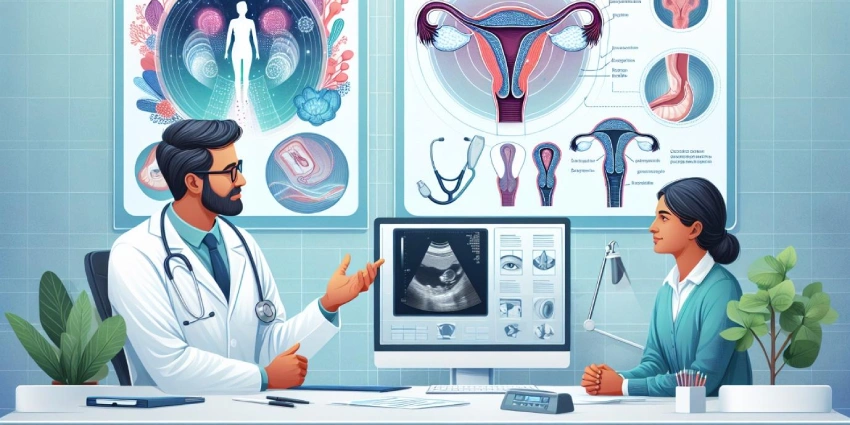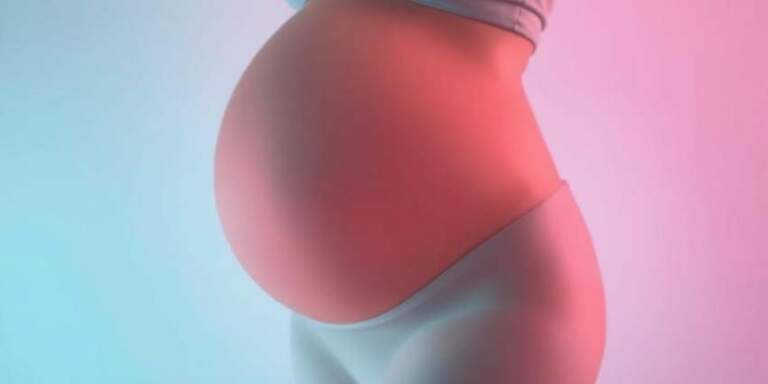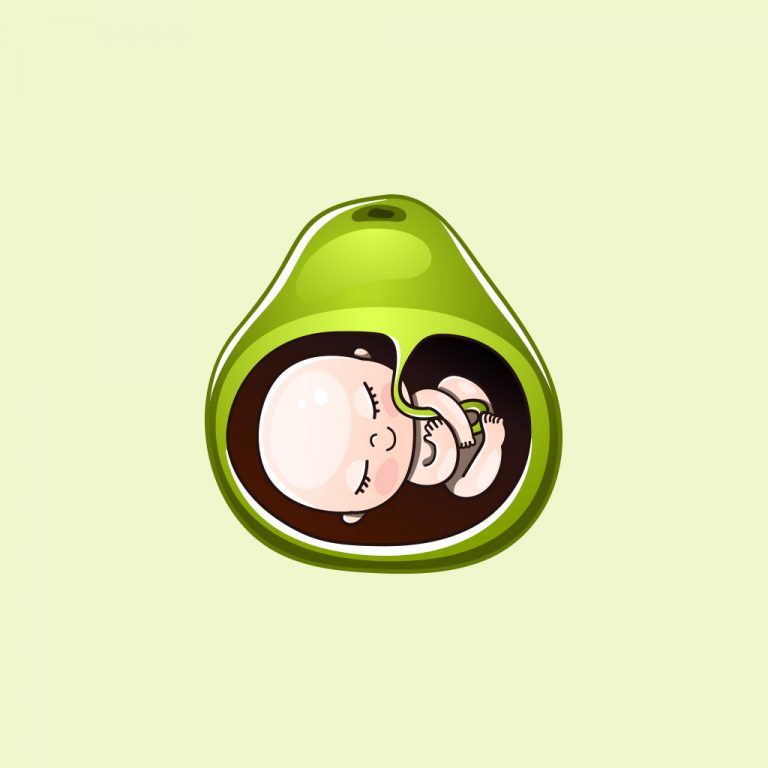A Compassionate Guide for Women Trying to Conceive with Endometriosis
If you’ve been diagnosed with endometriosis and are dreaming of growing your family, know that you’re not alone—and there are medical paths forward. Endometriosis can present unique challenges, but with the right care, support, and treatment, many women go on to conceive and have healthy pregnancies.
👉 Explore treatment options and fertility solutions in the full article:
Endometriosis and Infertility: Treatment Options and Success Rates
Ask Dr. Stan
1. How does endometriosis affect fertility?
Endometriosis can interfere with fertility in several ways. The tissue that grows outside the uterus can cause inflammation and scar tissue. Theories suggest that small implants of endometriosis cause localized inflammation. Severe cases may create ovarian cysts from endometriosis fluid that interferes with ovulation. If adhesions form as a result of endometriosis, the fallopian tubes can be twisted or blocked with other distortions of pelvic anatomy. These changes can prevent the egg and sperm from meeting or make it harder for a fertilized egg to implant successfully.
2. Is it still possible to get pregnant if I have endometriosis?
Yes, it is absolutely possible! While endometriosis may lower the chances of natural conception, many women with this condition still conceive—either naturally, with the help of medication, or through assisted reproductive technologies like IVF. Your fertility journey might look different, but there is hope and a range of options available.
3. What are the signs I might have endometriosis if I’m struggling to conceive?
Some of the most common symptoms include painful periods, pain during intercourse, or heavy menstrual bleeding. Related symptoms may include fatigue and digestive discomfort like painful bowel movements. However, it’s important to note that up to 1 in 4 women with endometriosis have no symptoms at all and only discover the condition during fertility evaluations.
4. How is endometriosis diagnosed?
The gold standard for diagnosis is a laparoscopy—a minor surgical procedure that allows your provider to see and potentially remove endometrial tissue. While ultrasounds and MRIs can help identify cysts or other abnormalities, they cannot detect smaller implants. If you suspect endometriosis, speak with your women’s health specialist or a fertility specialist about your symptoms and options.
5. Can surgery help improve fertility in endometriosis?
Surgery can be very helpful, especially in mild to moderate cases. By removing or treating endometriosis implants and possibly clearing scar tissue, laparoscopy may restore normal pelvic anatomy and improve your chances of conceiving. However, like any procedure, it comes with risks—so it’s important to carefully weigh your personal health and fertility goals with your provider.
6. Is IVF a good option if I have endometriosis?
In many cases, it is not necessary. IVF can be particularly effective for women with advanced endometriosis or those whose fallopian tubes are damaged. By bypassing some of the barriers caused by endometriosis tissue, IVF often results in higher pregnancy and live birth rates. As always, consult your fertility specialist to determine if this is the right next step for you.
7. Are hormonal treatments helpful if I want to get pregnant?
Hormonal therapies, like oral contraceptives or GnRH agonists, are often used to reduce pain and suppress endometriosis growth. However, they also prevent ovulation—so they’re not used during active fertility treatments. These medications may be part of a broader treatment plan before trying to conceive, but they aren’t fertility-enhancing on their own. Always speak with your provider about how and when to use them.
8. How successful are treatments for endometriosis-related infertility?
Success rates vary depending on the severity of the condition and the treatment approach. Surgery may improve fertility outcomes, while IVF success rates can reach 50–60% per transfer in women with endometriosis. Individual results depend on many factors, including age, egg quality, and other health conditions.
9. Can lifestyle changes really make a difference in managing endometriosis?
Absolutely. A healthy lifestyle may not cure endometriosis, but it can reduce inflammation and improve your overall well-being. Regular exercise, a balanced diet rich in omega-3s, stress-reducing practices like yoga or meditation, and good sleep hygiene can all support your reproductive health. These small but meaningful choices can enhance your body’s readiness for pregnancy.
10. Where can I find support during this journey?
You don’t have to go through this alone. Of course, your loved ones are vital. Support groups—online or in your community—can be incredibly comforting and informative. Sharing your experience and hearing from others can reduce stress and foster a sense of empowerment. And don’t forget, our team at Stork Advisor is here to encourage you with medical information and expert experience every step of the way.










